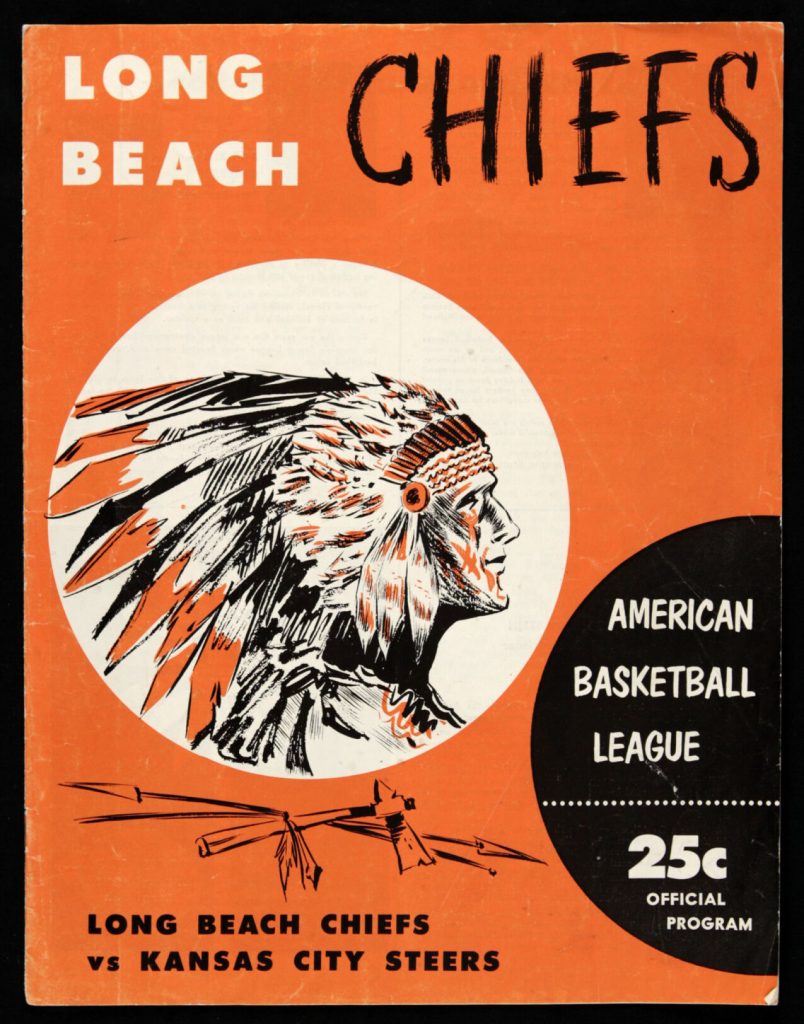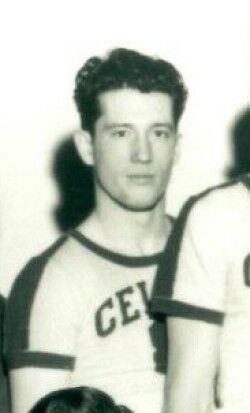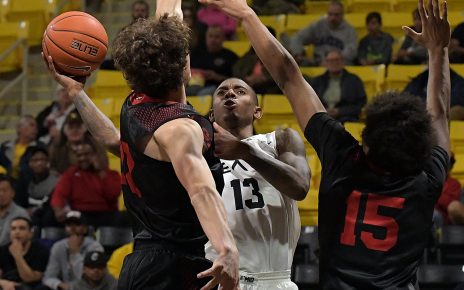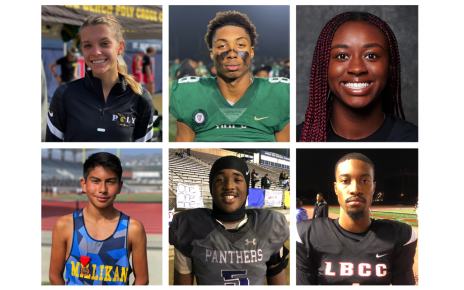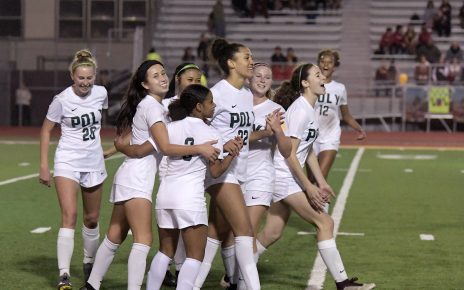This article is Hidden History, an occasional series examining teams or players lost in time in Long Beach.
A number of professional basketball teams have given it a go in Long Beach, but perhaps none with a story as interesting as the Long Beach Chiefs, whose brief stay here in the 1962-63 season produced some memorable stories.
The Chiefs were an American Basketball League team owned by trailblazing Korean-American Art Kim, a Hawaii native who founded the team in Honolulu for the ABL’s debut 1961-62 season, then brought them to Long Beach in July.
The ABL was formed after Harlem Globetrotters owner Abe Saperstein couldn’t get a buy-in on an NBA franchise. With teams all over the country from New York to Hawaii, the ABL sought to genuinely challenge the NBA, which at that time was still challenge-able. The ABL was a major innovator in the sport, introducing the three-point line (actually an idea of Kim’s) as well as the shot clock.
Playing in the Long Beach Arena, the Chiefs were off to an historic start in 62-63, with a record of 10-0 when it was announced that the ABL was folding on New Year’s Eve in 1962.
“When I arrived in Long Beach, I knew it would take lots of hard work to introduce people to something new,” Kim told the Press-Telegram. “I only regret that my faith in Long Beach was not borne out conclusively because the question of Long Beach’s emergence as a major sports center can never be answered by the ABL now.”
The roster in Long Beach featured a number of fascinating hoops personalities including Bill Spivey, a star seven-foot center for Kentucky in the late 1940s and early 1950s who was arrested as part of a point-shaving scandal, a shocking headline at the time given that Spivey was a national champion and was the NCAA Final Four MVP in 1951. Although the charges against Spivey were eventually dropped, he found himself blackballed from the NBA forever and spent his professional career in a number of short-lived pro leagues.
The team featured some local talent, including Long Beach Poly star Jim Hanna, who was CIF Player of the Year in 1956.
Most notably, though, the team was coached by Wilson alum Al Brightman, a fascinating figure in local sports lore if ever there were one. Brightman was a two-sport star at Wilson and had careers in both pro basketball and baseball. He was the top catcher in the Cleveland Indians’ organization when a torn shoulder ended his career. Brightman joined the Boston Celtics for the team’s inaugural season in 1946, finishing second on the team in scoring and becoming the first Celtic to score 20 points in a single game.
He then played with a pro team called the Seattle Athletics for a season in 1947-48, before retiring from playing to coach that team. After Brightman made the transition to coaching Seattle University, he found fame and success, and from 1950 through 1955 the team went 138-26, establishing itself as one of the best programs on the West Coast.
Brightman was the youngest college coach to 100 wins in NCAA history at 29. But in 1956, an NCAA Tournament game against UCLA and a young John Wooden changed his life forever. According to former players Elgin Baylor (of NBA fame) and Johnny O’Brien, Brightman had a drinking problem and could get a temper when drunk.
Coaching while inebriated, according to his former players, Brightman ordered his team to play UCLA very physically, and when a fight broke out, Brightman got involved. “About three-fourths of the way through the game, we got into a fight, and I remember Brightman had Wooden by the lapel,” said Jim Harney, whose affection for Brightman was such that he was hurt Baylor revealed Brightman’s drinking problem in his autobiography.
Wooden and Brightman, two of the NCAA’s brightest young coaching stars, split paths after that game. Wooden went on to win 10 NCAA titles and Brightman’s coaching career was almost over. After moving home to work at the Douglas Aircraft Plant, he coached high school ball and eventually caught on at the University of San Francisco and then came back home again to coach the Chiefs, where he had a championship-caliber team for a few months before the ABL closed.
Brightman was inducted into Seattle U’s Hall of Fame in 2008, 16 years after he passed away in 1992 at 68 years old. Brightman, like the Chiefs, remains a fascinating part of Long Beach sports lore.
Chris Trevino contributed to this report.
